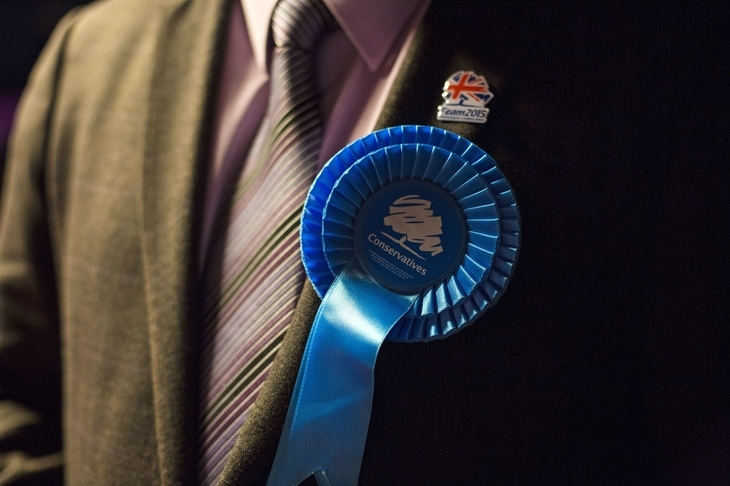We know that the Conservatives are gearing up for an election in the next few months. Their official line is that they don’t want one, largely because it will appear better if they are apparently pushed into a poll, but that doesn’t mean that preparations aren’t well underway.
One of the main benefits of proroguing parliament is that it allows the Tories to produce an election manifesto before there is an election, using the Queen’s Speech. In today’s Guardian, I’ve written about what’s going to be in that manifesto/Queen’s Speech: the focus will be on education and crime. The latter is largely there because Team Boris feel Theresa May left the Tories’ reputation on law and order in a real mess because she refused to listen to police and MPs’ worries about the numbers of bobbies on the beat, and because her stop-and-search reforms have been blamed as a factor in rising knife crime. One of the key aims of the manifesto will, according to one of those involved in writing policy for it, be ‘restabilising’ the Tory party after the damage wrought to it in recent years.
There is also set to be a spending bonanza as part of the party’s offer to voters, which strategists hope will make it even more difficult for the Labour Party. So how is the opposition planning to fight this election?
Labour is also gearing up for an election, and thinks it will more likely come before Britain has left the European Union. I understand that the party’s strategists disagree with the assessment that a Boris, Man of the People vs Parliament campaign will work in the Tories’ favour. They think Johnson isn’t a sufficiently anti-establishment candidate to be able to do this, whereas Jeremy Corbyn is still the outsider. Labour election planners think that the Conservatives are making an error in presuming that this will be a simple Brexit election, given it is, after all, a general election rather than a single-issue referendum. And so despite the Tories hoping to fight on the left’s turf by offering spending increases, Labourites think they will easily outcompete these offers. This reasoning certainly worked in the 2017 election, where the Tories didn’t notice that voters seemed pretty excited by the idea of various freebies, whether or not they were affordable.
The 2017 election seemed much more clear-cut when it was looming: Theresa May was sailing high in the opinion polls while the Labour Party was in a miserable mess. There are similarities with the likely 2019 poll: the Conservatives are way ahead of Labour (34 per cent to 22 per cent in YouGov’s latest) and there are many Labour MPs who still wish they could replace their leader and then stand a real chance of winning. But the main difference is the murkiness of the next few weeks. We are due a great deal more turmoil before any election is called.







Comments